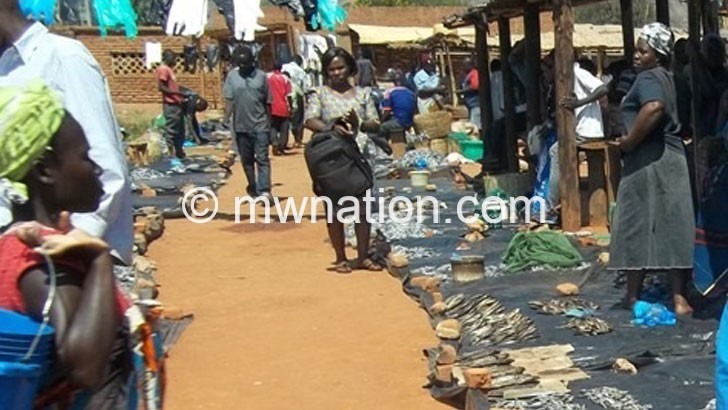New Covid-19 restrictions hit urban population—Fewsnet
The new Covid-19 restrictions are reversing improvements in economic activity and income-earning at a time when opportunities to earn income are already at seasonally lower levels, the Famine Early Warning Systems Network (Fewsnet) has said.
In its January 2021 key message update published on Sunday, Fewsnet said the new Covid-19 restrictions have resulted in the re-emergence of crisis outcomes in urban areas.
Reads the report in part: “Due to losses in income-earning following recent control measures as well as low levels of resilience among the urban population due to the first Covid-19 outbreak, crisis outcomes are expected to have re-emerged in urban areas by mid-January.

“Malawi’s economy had not fully recovered from the first wave of Covid-19 in mid-2020, and renewed and stricter control measures are reversing improvements in economic activity and income-earning at a time when income-earning opportunities are already at seasonally lower levels.”
Since mid-December 2020, the number of new Covid-19 cases per day has been increasing rapidly, with the seven-day average of new cases per day reaching 994 on January 25 2021.
In response, the government introduced a series of control measures in December and January, expected to remain in place in the short-term.
Ironically, maize prices have remained stable at national level in November and December 2020.
Fewsnet observes that due to above-average national supply this year, prices have remained stable as farmers released their stocks onto the market to buy agricultural inputs.
A snap survey in some produce markets shows that maize is selling at an average of K11 000 per 50 kilogramme (kg) bag or K220 per kg while Admarc is selling the staple grain at K8 000 per 50 kg bag or K160 per kg.
Meanwhile, Consumers Association of Malawi executive director John Kapito observed in an interview that the rising expenditure on food raises serious challenges and reflects total mismanagement of various policies and programmes to address matters of abject poverty in peri-urban and rural areas.





